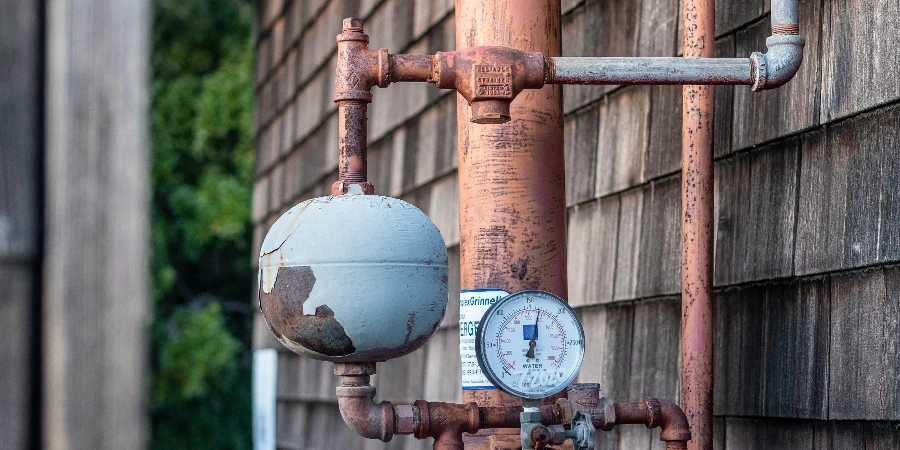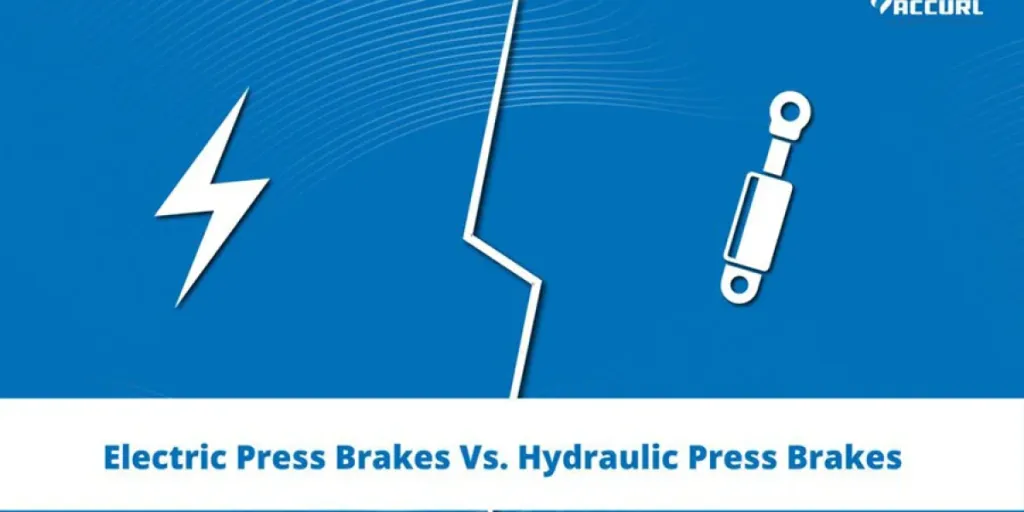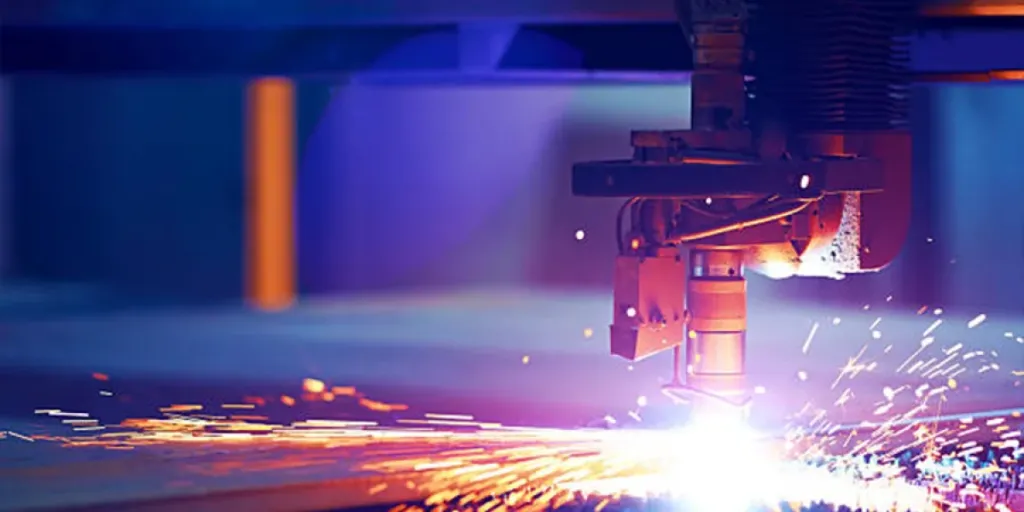Em 2025, o mercado de caldeiras elétricas está crescendo com um valor de USD 3.2 bilhões e projetado para atingir USD 5.6 bilhões até 2030. Este artigo se aprofunda nos critérios essenciais para selecionar caldeiras elétricas, oferecendo insights valiosos para atacadistas, varejistas e profissionais de compras. Descubra as últimas tecnologias e tendências de mercado para tomar decisões informadas e otimizar suas ofertas de produtos.
Sumário:
- Visão geral do mercado de caldeiras elétricas
-Análise aprofundada do mercado de caldeiras elétricas
- Fatores-chave ao selecionar uma caldeira elétrica
-Tecnologias Avançadas em Caldeiras Elétricas
-Tendências de mercado e perspectivas futuras
-Considerações finais
Visão geral do mercado de caldeiras elétricas
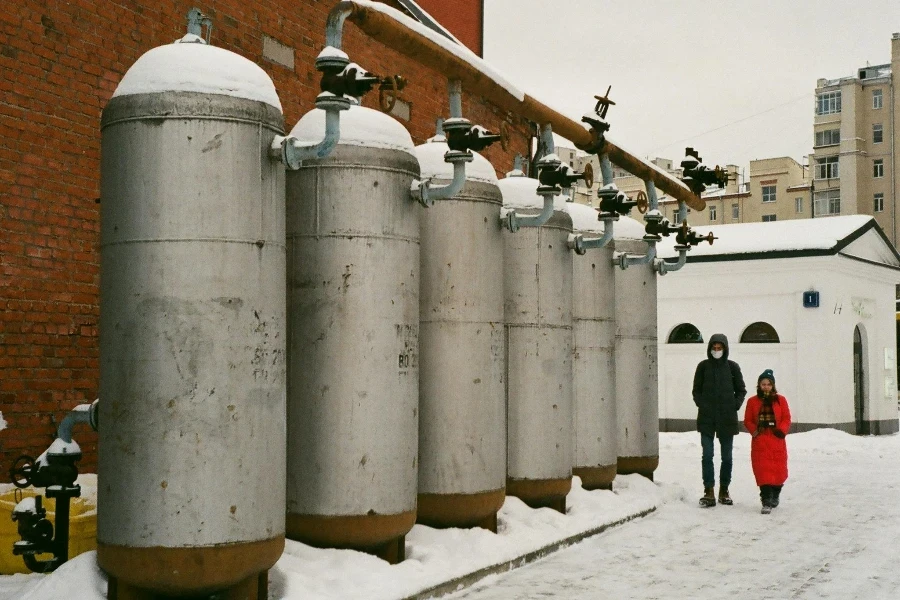
O mercado global de caldeiras elétricas está definido para um crescimento substancial nos próximos anos. Até 2025, o mercado está avaliado em aproximadamente USD 3.2 bilhões e está projetado para atingir USD 5.6 bilhões até 2030, com uma taxa de crescimento anual composta (CAGR) de 10.2%. Esse crescimento é impulsionado pela crescente demanda por soluções de aquecimento com eficiência energética, avanços em tecnologias de caldeiras elétricas e regulamentações ambientais rigorosas que promovem fontes de energia mais limpas.
A região Ásia-Pacífico detém a maior fatia de mercado, com 35%, devido à rápida urbanização, industrialização e iniciativas governamentais para reduzir as emissões de carbono. A Europa segue com uma fatia de 30%, impulsionada por regulamentações rigorosas de eficiência energética e pela adoção de fontes de energia renováveis. A América do Norte, com uma fatia de mercado de 25%, também está crescendo significativamente devido ao uso crescente de caldeiras elétricas nos setores residencial e comercial.
O mercado é segmentado em caldeiras elétricas de baixa tensão (LV), média tensão (MV) e alta tensão (HV). O segmento LV domina o mercado com uma participação de 45%, usado principalmente em aplicações residenciais. Os segmentos MV e HV, usados em aplicações industriais e comerciais, respondem por 35% e 20% do mercado, respectivamente.
Análise aprofundada do mercado de caldeiras elétricas
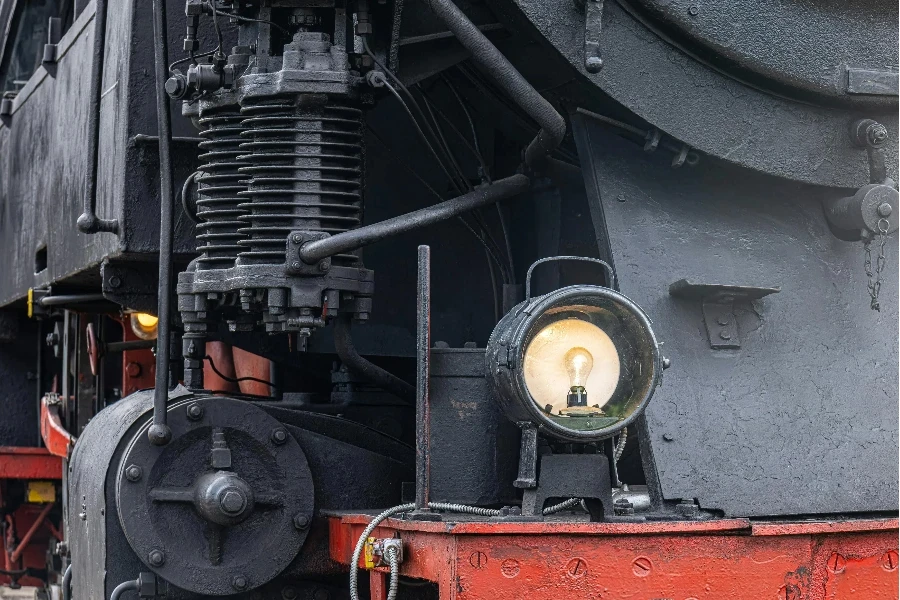
O mercado de caldeiras elétricas apresenta benchmarks de desempenho importantes, influências econômicas e mudanças no comportamento do consumidor. Um benchmark de desempenho primário é a eficiência energética. As caldeiras elétricas modernas oferecem classificações de eficiência de até 99%, significativamente mais altas do que as caldeiras tradicionais a gás ou óleo. Essa alta eficiência resulta em menor consumo de energia e custos operacionais, tornando as caldeiras elétricas atraentes para usuários residenciais e comerciais.
O cenário competitivo inclui participantes importantes como Bosch Thermotechnology, Ariston Thermo Group e Vaillant Group. Essas empresas investem em pesquisa e desenvolvimento para introduzir produtos inovadores com recursos avançados, como controles inteligentes, monitoramento remoto e integração com sistemas de energia renovável. Por exemplo, a Bosch Thermotechnology lançou recentemente uma caldeira elétrica com conectividade IoT, permitindo que os usuários controlem e monitorem seu sistema de aquecimento por meio de um aplicativo de smartphone.
Fatores econômicos como preços flutuantes de energia e incentivos governamentais moldam significativamente o mercado. O aumento dos custos dos combustíveis fósseis leva os consumidores a usar caldeiras elétricas, oferecendo custos de energia estáveis e previsíveis. Além disso, incentivos e subsídios governamentais para aparelhos com eficiência energética impulsionam a adoção de caldeiras elétricas. Por exemplo, a Diretiva de Eficiência Energética da União Europeia determina uma melhoria de 32.5% na eficiência energética até 2030, aumentando a demanda por caldeiras elétricas.
O comportamento do consumidor está mudando para soluções de aquecimento sustentáveis e ecologicamente corretas. À medida que a conscientização ambiental cresce, os consumidores cada vez mais optam por caldeiras elétricas com menor pegada de carbono em comparação aos sistemas tradicionais. Essa tendência é especialmente evidente em áreas urbanas, onde restrições de espaço e regulamentações rigorosas de emissão tornam as caldeiras elétricas uma escolha preferida.
Os canais de distribuição estão evoluindo, com as vendas online ganhando força. As plataformas de e-commerce oferecem aos consumidores a conveniência de comparar produtos, ler avaliações e fazer compras de casa. Essa mudança para as vendas online está levando os fabricantes e varejistas a melhorar sua presença digital e oferecer preços competitivos e negócios atraentes.
Inovações recentes no mercado de caldeiras elétricas incluem sistemas híbridos que combinam caldeiras elétricas com fontes de energia renováveis, como painéis solares e bombas de calor. Esses sistemas oferecem maior eficiência energética e menor impacto ambiental. Além disso, a integração de tecnologias de inteligência artificial (IA) e aprendizado de máquina (ML) permite manutenção preditiva e otimiza o consumo de energia, aumentando ainda mais o apelo das caldeiras elétricas.
As caldeiras elétricas estão na fase de crescimento do ciclo de vida do produto, com adoção crescente em vários setores de uso final. O setor residencial detém a maior fatia, impulsionado pela necessidade de soluções de aquecimento eficientes e ecológicas. Os setores comercial e industrial também estão crescendo significativamente, devido à demanda por sistemas de aquecimento confiáveis e econômicos.
A digitalização desempenha um papel crucial no mercado de caldeiras elétricas, com tecnologias inteligentes permitindo monitoramento remoto, controles automatizados e otimização de energia. Esses avanços aumentam a conveniência do usuário e impulsionam a adoção de caldeiras elétricas.
Tendências sociais, como o foco em sustentabilidade e conservação de energia, influenciam as preferências do consumidor e impulsionam a demanda por caldeiras elétricas. À medida que os consumidores se tornam mais conscientes do meio ambiente, eles buscam soluções de aquecimento que se alinhem com seus valores e contribuam para um futuro mais verde.
Os fabricantes abordam os pontos problemáticos dos clientes, como altos custos iniciais e conscientização limitada sobre os benefícios da caldeira elétrica por meio de campanhas de marketing direcionadas e incentivos financeiros. Eles também oferecem opções de financiamento flexíveis e garantias estendidas para atrair e reter clientes.
As estratégias de posicionamento de marca no mercado de caldeiras elétricas enfatizam eficiência energética, benefícios ambientais e recursos avançados. As empresas alavancam marketing digital, mídia social e parcerias com influenciadores para aumentar a visibilidade da marca e atingir um público mais amplo.
As estratégias de diferenciação incluem oferecer um portfólio de produtos diversificado, incorporar tecnologias de ponta e fornecer um serviço excepcional ao cliente. Os fabricantes focam na personalização e customização para atender às necessidades únicas de diferentes segmentos de clientes.
Nichos de mercado, como áreas remotas e off-grid, apresentam oportunidades significativas de crescimento para caldeiras elétricas. Esses mercados exigem soluções de aquecimento confiáveis e independentes, e caldeiras elétricas, alimentadas por fontes de energia renováveis, oferecem uma solução ideal.
Fatores-chave ao selecionar uma caldeira elétrica
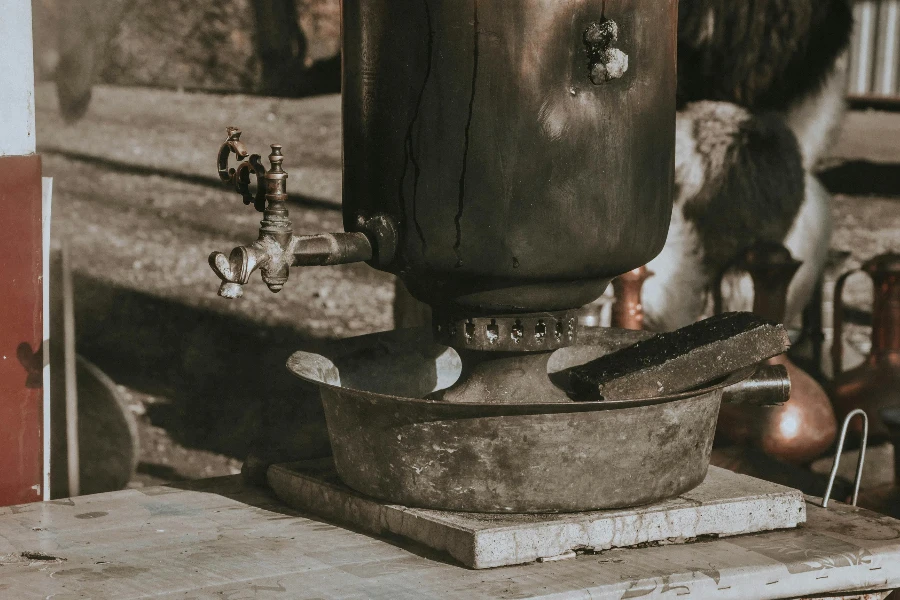
Escolher a caldeira elétrica certa para suas operações envolve considerar vários fatores críticos. Eles incluem desempenho, funcionalidade, design e especificações técnicas para garantir que a caldeira atenda às suas necessidades específicas. Abaixo estão discussões detalhadas sobre esses fatores.
Desempenho e capacidade
O desempenho de uma caldeira elétrica é definido principalmente por sua saída de calor ou capacidade, normalmente expressa em Unidades Térmicas Britânicas (BTU) por hora ou potência da caldeira (BHP). Esta especificação determina quanto calor a caldeira pode produzir e é crucial para atender às suas necessidades de aquecimento.
A saída de calor deve ser selecionada com base nas demandas de aquecimento da sua aplicação. Por exemplo, uma caldeira elétrica comercial para uma grande instalação pode exigir uma capacidade de várias centenas de milhares de BTU/h, enquanto uma aplicação industrial menor pode precisar de uma capacidade menor. A eficiência é outra métrica de desempenho crítica. As caldeiras elétricas modernas são projetadas para serem altamente eficientes, frequentemente excedendo 95% de eficiência. Isso significa que quase toda a energia elétrica é convertida em calor, reduzindo os custos operacionais e o consumo de energia. As classificações máximas de temperatura e pressão da caldeira devem estar alinhadas com os requisitos da sua aplicação. Para processos de alta temperatura, uma caldeira com uma classificação máxima de temperatura mais alta é necessária. Da mesma forma, certifique-se de que a classificação de pressão corresponda às necessidades do seu sistema para evitar riscos de segurança.
Funcionalidade e Sistemas de Controle
A funcionalidade de uma caldeira elétrica é aprimorada por sistemas de controle avançados que garantem o gerenciamento preciso de temperatura e pressão. Esses sistemas podem incluir controladores programáveis, que permitem o controle automatizado da operação da caldeira, fornecendo a capacidade de definir cronogramas, monitorar o desempenho e ajustar as configurações remotamente. Isso é particularmente útil em aplicações que exigem controle de temperatura consistente. Recursos de segurança importantes incluem proteção contra superaquecimento, desligamento automático e válvulas de alívio de pressão. Esses recursos evitam acidentes e garantem que a caldeira opere dentro de parâmetros seguros. As caldeiras elétricas modernas geralmente vêm com interfaces de usuário digitais que fornecem dados em tempo real sobre o desempenho da caldeira. Isso pode incluir telas de LCD exibindo temperatura, pressão e códigos de falha, tornando mais fácil para os operadores monitorar e gerenciar a caldeira.
Design e construção
O design e a construção de uma caldeira elétrica influenciam sua durabilidade, requisitos de manutenção e adequação para aplicações específicas. Materiais de alta qualidade, como aço inoxidável, são frequentemente usados em caldeiras elétricas para aumentar a durabilidade e a resistência à corrosão. Isso é particularmente importante em aplicações que envolvem água de alta pureza ou produtos químicos agressivos. As caldeiras elétricas são normalmente mais compactas do que suas contrapartes a gás ou óleo, tornando-as ideais para instalações com espaço limitado. Seu design modular permite fácil integração em sistemas existentes. Considere caldeiras com recursos que simplificam a manutenção, como painéis removíveis para fácil acesso a componentes internos e sistemas de autolimpeza que reduzem a necessidade de descalcificação manual.
Eficiência Energética e Impacto Ambiental
Eficiência energética e impacto ambiental são considerações cada vez mais importantes ao selecionar uma caldeira elétrica. Procure caldeiras que tenham sido certificadas pelo Energy Star ou programas semelhantes, indicando que atendem a diretrizes rigorosas de eficiência energética. Isso pode levar a economias de custo significativas ao longo da vida útil da caldeira. Caldeiras elétricas produzem zero emissões no ponto de uso, tornando-as uma opção ecologicamente correta em comparação com caldeiras alimentadas por combustíveis fósseis. Isso é particularmente benéfico para aplicações em áreas urbanas ou locais com regulamentações rígidas de emissões. Caldeiras elétricas podem ser alimentadas por fontes de energia renováveis, como energia solar ou eólica, reduzindo ainda mais seu impacto ambiental. Essa compatibilidade também pode fornecer benefícios de custo de longo prazo, à medida que a energia renovável se torna mais prevalente e econômica.
Considerações de custo e orçamento
O custo de uma caldeira elétrica inclui não apenas o preço inicial de compra, mas também os custos operacionais e de manutenção ao longo de sua vida útil. As caldeiras elétricas geralmente têm um custo inicial mais alto em comparação às caldeiras tradicionais. No entanto, isso pode ser compensado por custos de instalação mais baixos, pois não exigem sistemas de combustão ou tanques de armazenamento de combustível. Embora o custo da eletricidade possa ser maior do que alguns combustíveis, a alta eficiência das caldeiras elétricas pode resultar em custos gerais de energia mais baixos. Além disso, as caldeiras elétricas exigem menos manutenção, reduzindo as despesas operacionais de longo prazo. Ao avaliar o custo, considere o custo total de propriedade, que inclui preço de compra, instalação, custos operacionais, manutenção e vida útil. As caldeiras elétricas geralmente oferecem um custo total de propriedade favorável devido à sua eficiência e baixas necessidades de manutenção.
Tecnologias Avançadas em Caldeiras Elétricas
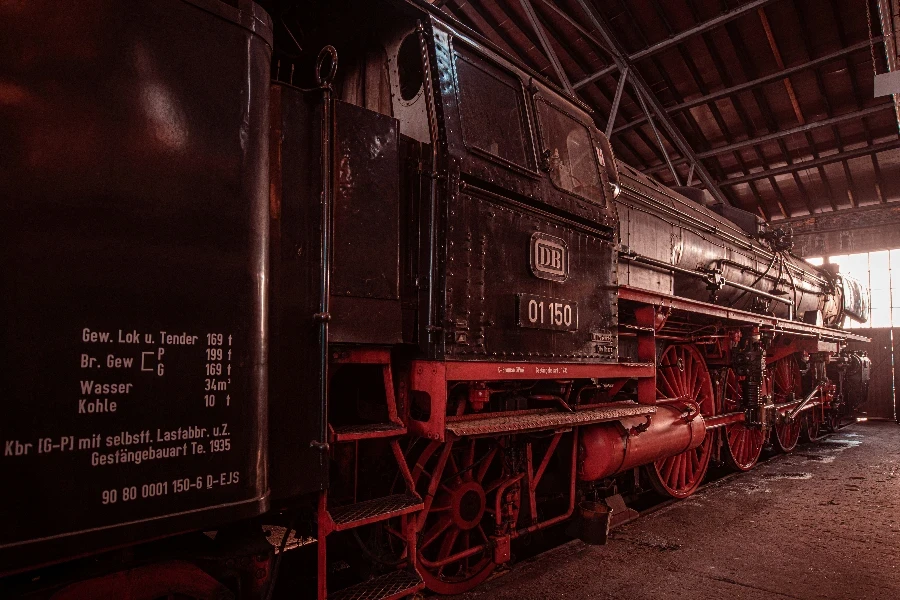
O setor de caldeiras elétricas tem visto avanços significativos em tecnologia, melhorando o desempenho, a eficiência e o controle do usuário.
Sistemas de controle inteligente
Os sistemas de controle inteligentes estão revolucionando a operação da caldeira, permitindo maior precisão e automação. A integração com a Internet das Coisas (IoT) permite o monitoramento e controle remoto da caldeira. Isso permite que os operadores ajustem as configurações, monitorem o desempenho e recebam alertas para quaisquer problemas de qualquer lugar com uma conexão de internet. As caldeiras elétricas modernas vêm equipadas com ferramentas de diagnóstico avançadas que podem prever e alertar os operadores sobre problemas potenciais antes que se tornem críticos, minimizando o tempo de inatividade e os custos de manutenção. Os sistemas de gerenciamento de energia otimizam o uso de energia ajustando a operação da caldeira com base na demanda em tempo real, reduzindo o desperdício de energia e diminuindo os custos operacionais.
Elementos de aquecimento de alta eficiência
O desenvolvimento de elementos de aquecimento de alta eficiência melhorou o desempenho e a eficiência energética de caldeiras elétricas. Elementos de aquecimento feitos de materiais avançados, como Incoloy ou outras ligas à base de níquel, oferecem maior eficiência e maior vida útil em comparação aos elementos tradicionais. Esses elementos avançados fornecem tempos de aquecimento rápidos, melhorando a capacidade de resposta da caldeira e reduzindo o consumo de energia durante a inicialização. Alguns elementos de aquecimento modernos incorporam tecnologia de autorregulação que ajusta a saída de calor com base nas condições operacionais da caldeira, aumentando a eficiência e a segurança.
Integração com Fontes de Energia Renováveis
Caldeiras elétricas estão cada vez mais sendo integradas com fontes de energia renováveis, fornecendo uma solução de aquecimento sustentável. Caldeiras elétricas podem ser alimentadas por painéis solares, diretamente ou por meio de um sistema de armazenamento de energia. Isso reduz a dependência da eletricidade da rede e diminui os custos operacionais. Semelhante à energia solar, a energia eólica pode ser usada para alimentar caldeiras elétricas, fornecendo uma fonte de energia renovável e econômica. Sistemas híbridos que combinam caldeiras elétricas com fontes de energia renováveis e sistemas de aquecimento tradicionais oferecem flexibilidade e confiabilidade, garantindo um fornecimento de energia consistente e reduzindo o impacto ambiental.
Tendências de mercado e perspectivas futuras

O mercado de caldeiras elétricas está evoluindo, impulsionado por avanços tecnológicos, mudanças regulatórias e crescente conscientização ambiental.
Crescente demanda por soluções de eficiência energética
Há uma demanda crescente por soluções de aquecimento com eficiência energética, pois as empresas buscam reduzir custos operacionais e cumprir com regulamentações ambientais. Regulamentações de emissões mais rigorosas estão impulsionando a adoção de caldeiras elétricas, que produzem zero emissões no ponto de uso. A alta eficiência das caldeiras elétricas se traduz em menores custos de energia, tornando-as uma opção atraente para empresas preocupadas com os custos. Muitas empresas estão definindo metas ambiciosas de sustentabilidade, e as caldeiras elétricas se alinham com esses objetivos reduzindo as pegadas de carbono e apoiando a integração de energia renovável.
Inovações Tecnológicas
Inovações tecnológicas contínuas estão aprimorando o desempenho, a eficiência e a experiência do usuário de caldeiras elétricas. Inteligência artificial e aprendizado de máquina estão sendo usados para otimizar a operação da caldeira, prever necessidades de manutenção e melhorar o gerenciamento de energia. O uso de materiais avançados em elementos de aquecimento e construção de caldeiras está melhorando a durabilidade, a eficiência e a segurança. A integração com redes inteligentes permite que caldeiras elétricas respondam aos preços de energia em tempo real e às demandas da rede, otimizando o uso de energia e reduzindo custos.
Aumentando a adoção em vários setores
Caldeiras elétricas estão encontrando adoção crescente em vários setores, da manufatura à saúde. Na manufatura, caldeiras elétricas são usadas para aquecimento de processos, fornecendo controle preciso de temperatura e reduzindo emissões. Em instalações de saúde, caldeiras elétricas fornecem aquecimento confiável e eficiente para esterilização, aquecimento de ambientes e fornecimento de água quente. Edifícios comerciais estão adotando caldeiras elétricas por seu tamanho compacto, eficiência e facilidade de instalação, particularmente em áreas urbanas onde espaço e emissões são uma preocupação.
Considerações Finais
Selecionar a caldeira elétrica certa envolve considerar múltiplos fatores, desde desempenho e funcionalidade até custo e impacto ambiental. Ao entender esses aspectos-chave e se manter informado sobre tendências de mercado e avanços tecnológicos, as empresas podem tomar decisões informadas que atendam às suas necessidades de aquecimento de forma eficiente e sustentável.
